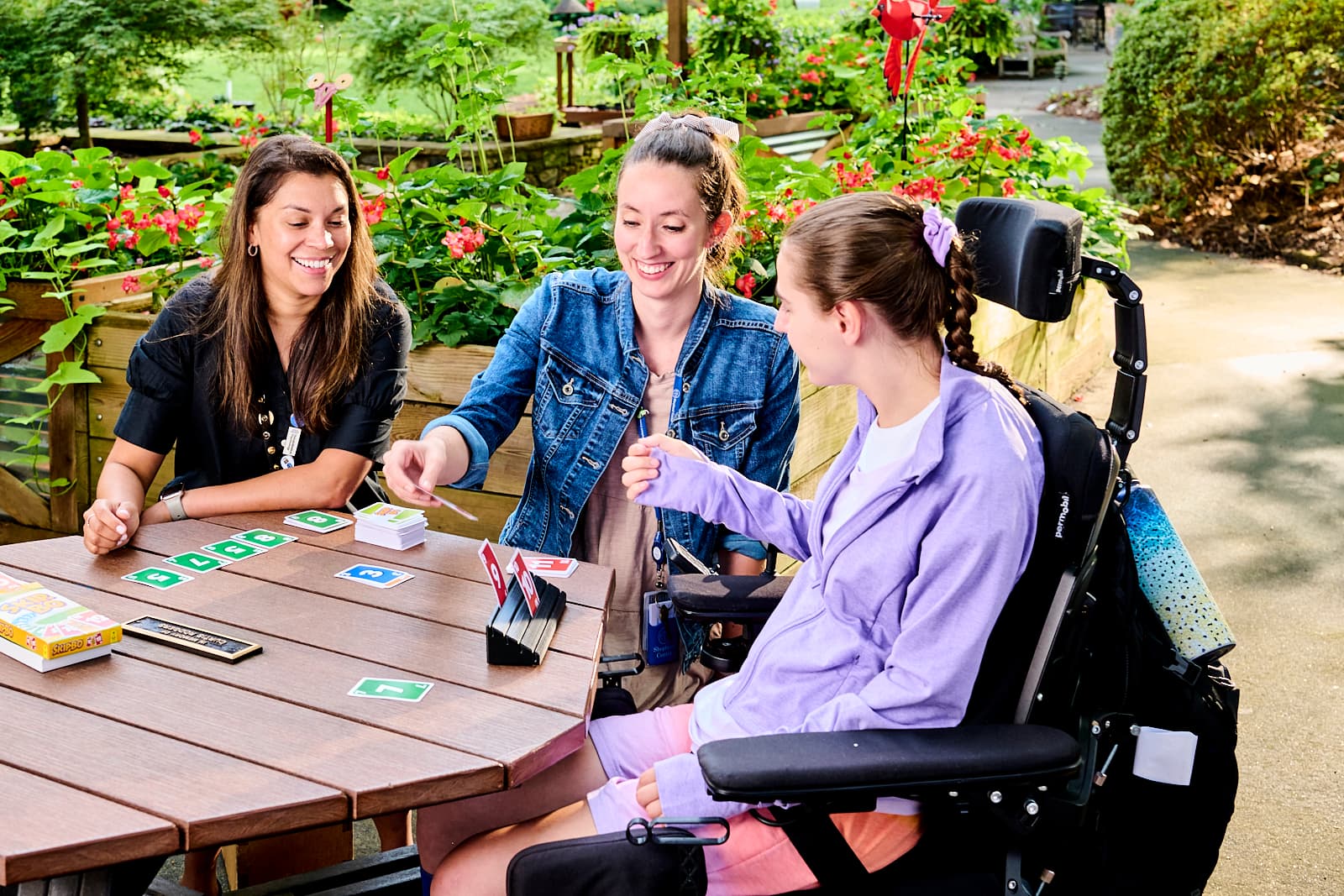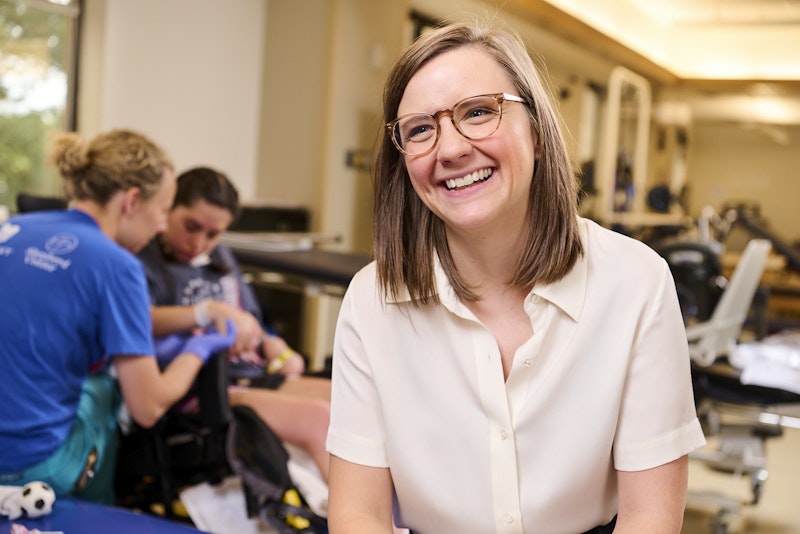Neuropsychology education goals and program structure
Our two-year Neuropsychology Fellowship offers in-depth training rooted in the Houston Conference Guidelines, designed to prepare you for independent practice. You’ll engage in assessment, intervention, and consultation, gaining hands-on experience in both inpatient and outpatient settings. Our curriculum is built around the core competencies defined by Smith (2019), emphasizing a well-rounded clinical and research education that aligns with today’s neuropsychology practice standards.
Exit criteria for program completion
Successful completion of the fellowship is assessed against the following benchmarks, as outlined by the Houston Conference Guidelines:
- Demonstration of advanced skills in evaluation, treatment, and consultation, qualifying for independent neuropsychological practice.
- Demonstrated advanced understanding of brain-behavior relationships.
- Meeting research activity expectations, such as study submissions, literature reviews, or outcome assessments.
- Biannual competency assessments every six months to ensure continued development.
- Eligibility for licensure in the fellow’s intended state or province of practice.
- Completion of requirements for board certification eligibility in clinical neuropsychology by the American Board of Professional Psychology (ABPP).
Program-specific requirement: Fellows are expected to complete Part 1 of the Examination for Professional Practice in Psychology (EPPP) by December of the second year of fellowship. Completion of Part 1 is mandatory for program graduation.

